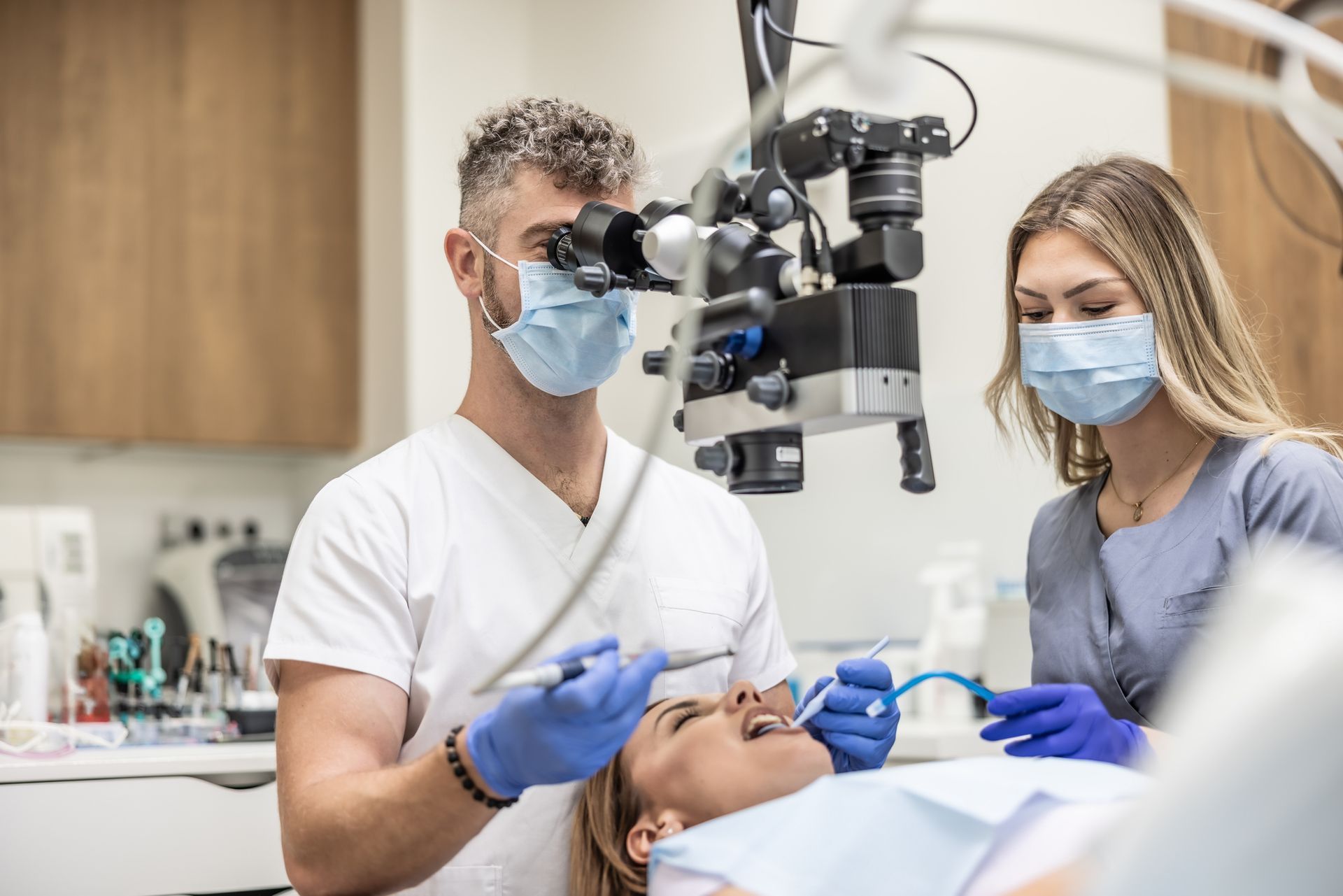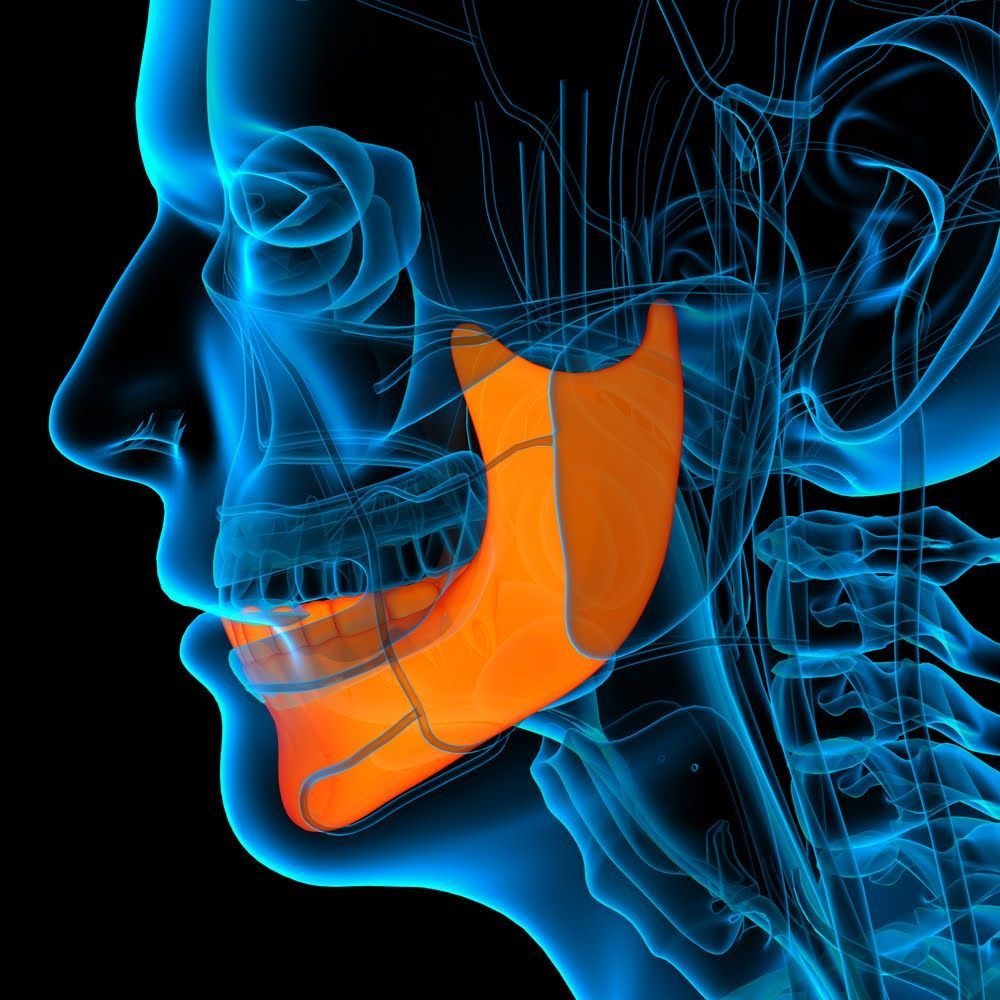Does Age Impact Wisdom Teeth Removal? Why You Aren't Too Old
Admin • March 11, 2020
Does Age Impact Wisdom Teeth Removal? Why You Aren't Too Old

Are you too old to have your wisdom teeth removed? Perhaps your teenager just had this common oral surgery, and now you're wondering if you should too. Whether you're 40, 50, or older, take a look at what you need to know about age and your wisdom teeth.
When Do Wisdom Teeth Come In?
If you're over 40, chances are you already have your wisdom teeth. According to the American Dental Association (ADA), your third molars (also known as your wisdom teeth) appear between the ages of 17 and 21. Like any other physical milestone, it's possible for wisdom teeth to appear earlier or later than this age range.
Do Wisdom Teeth Always Erupt?
Even though wisdom teeth may appear in the late teens or early 20s, they won't always break through the gums. If your teeth don't have room to erupt due to crowding, they can become fully impacted. This means the teeth stay below the gumline. While you can't see the impacted teeth, they can still cause pain, pressure, or other problems.
Some adults never develop all or some of their wisdom teeth. If your teen years didn't include a trip to the oral surgeon's office, you'll need x-rays to make sure you have your third molars. It's possible the dentist can’t see the teeth above the gumline because you don't have them. If this is the case, you won't need a removal procedure — at any age.
Do You Need to Remove Wisdom Teeth Immediately?
Not every teenager or young adult has to schedule this oral surgery. If your wisdom teeth have room to come in and don't cause problems (such as crowding, pain, or other oral issues), the dentist or oral surgeon may not recommend the procedure right away.
Most dental patients who experience symptoms such as pain, crowding, or impaction-related decay or infection choose a removal sooner rather than later. But if you have your wisdom teeth and don't have discomfort or oral health issues, you may have chosen to hold off on the surgery when the dentist brought it up decades ago.
Can You Remove Wisdom Teeth Later In Life?
Simply stated — yes, older adults can have their wisdom teeth removed. Provided the oral surgeon finds a reason to remove the teeth, such as crowding, impaction, infection, or decay, you can have your wisdom teeth removed at any age.
Why Should an Older Adults Have Their Wisdom Teeth Removed?
Again, crowding and impaction are common reasons to have this procedure. Along with these reasons, gum disease, tooth decay, cysts (fluid-filled sacs under the gums), tumors, infections, constant pain, or damage to the surrounding teeth are also issues that may require a removal procedure.
Is Wisdom Tooth Removal Safe for Older Adults?
Every surgical procedure comes with risks, regardless of age. This means a teenager, 20-year-old, 40-year-old, or 60-year-old may have surgery-related complications. Even though there are risks with any oral surgery, these may increase with age. Keep in mind, this is a general increase. Some older adults are in excellent health or in better health than those who are significantly younger and may have less risk.
On average, it takes two weeks to recover from a wisdom teeth removal surgery. The older you are, the longer it may take for your mouth to heal. This doesn't mean it won't heal or you shouldn't have the surgery. Instead, it may mean you need to take more time off work or expect to rest for a longer time than you would have decades ago.
Do you have pain, crowding, or another wisdom tooth-related oral health issue? Contact the San Diego Center for Oral & Maxillofacial Surgery for more information.










